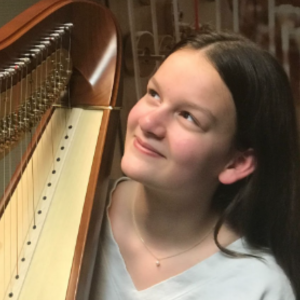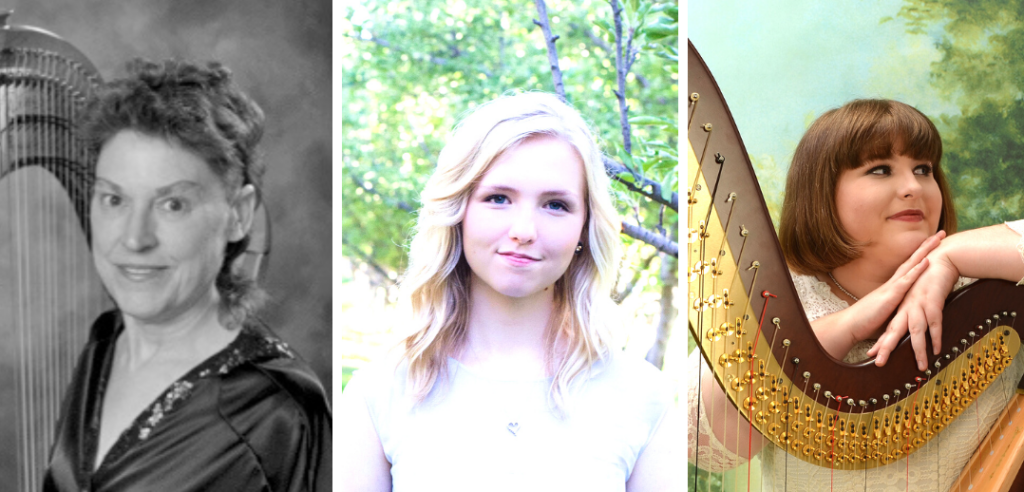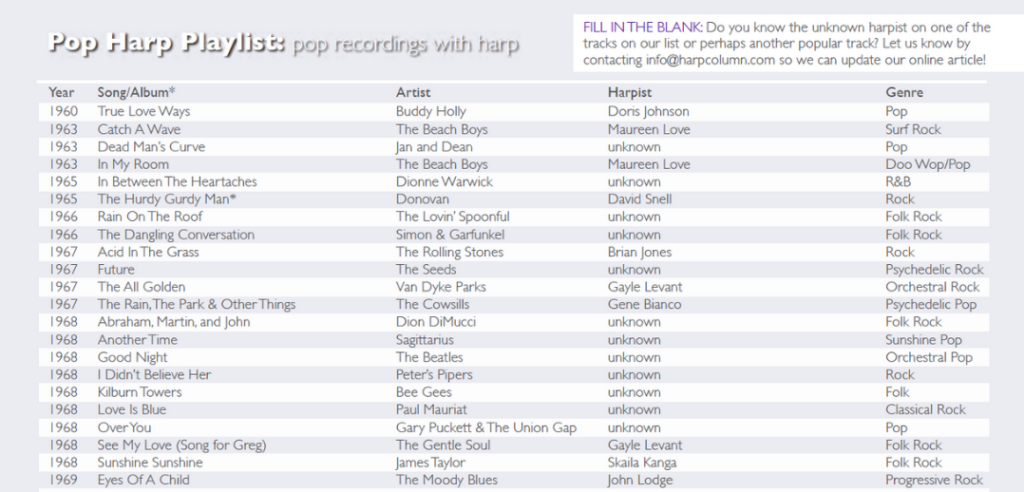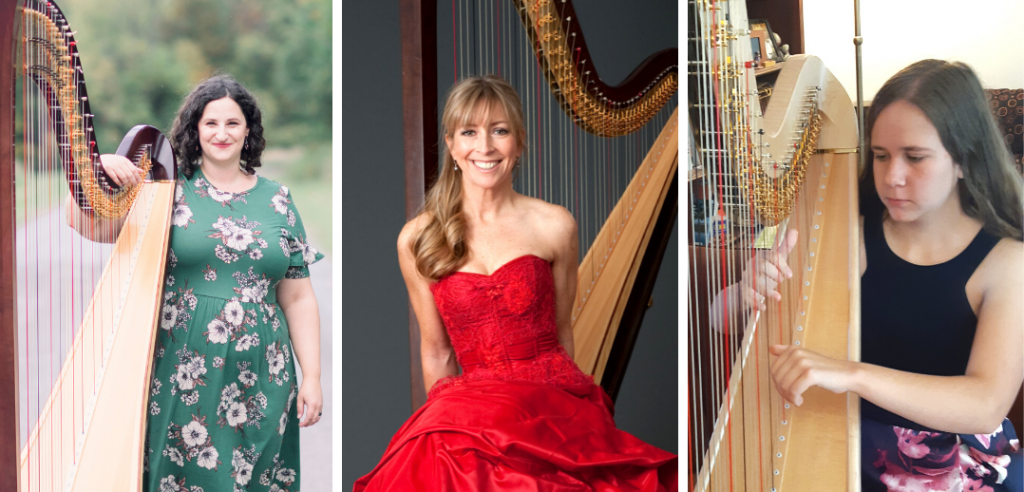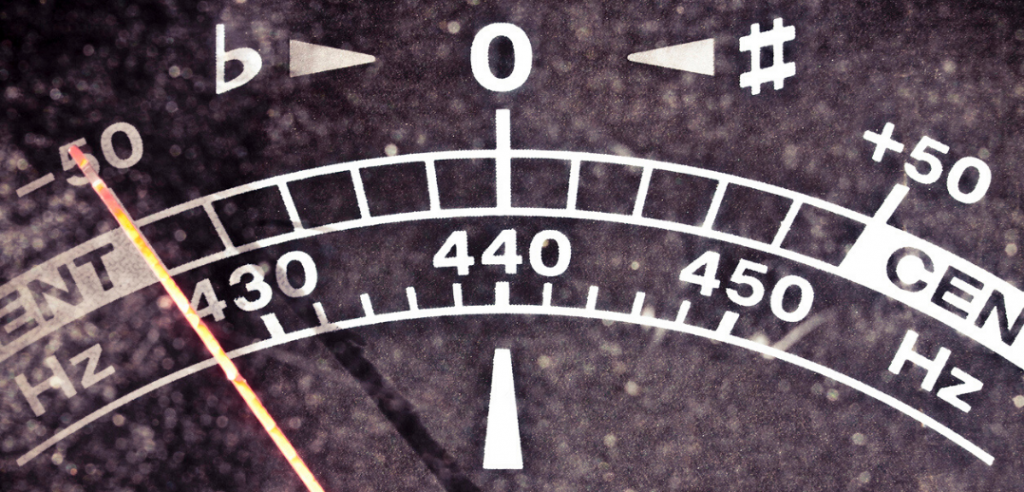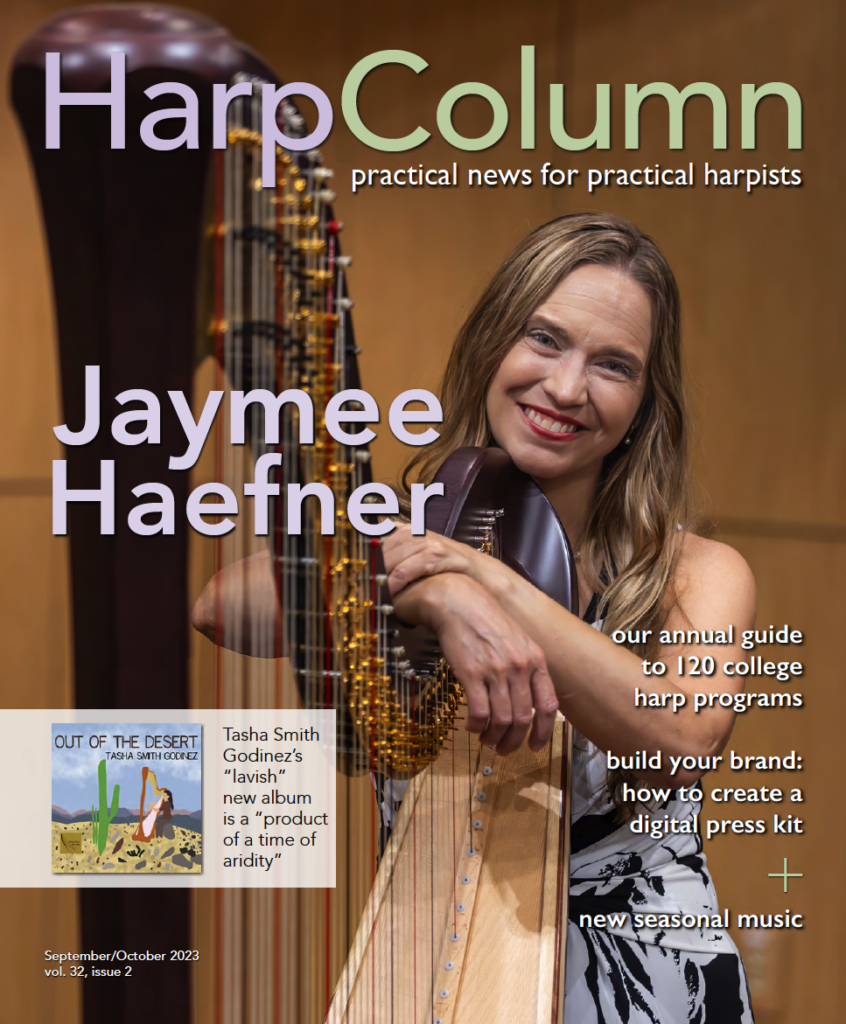This article extra is part of our feature article Higher Ed Harp Directory 2023 in this issue.
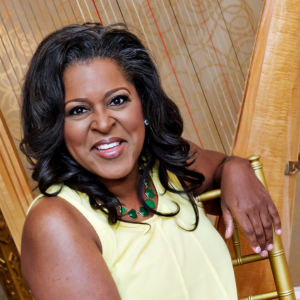
—Monica Hargrave
Agnes Scott College and University of Georgia
What can I do in high school to set myself up to be successful in music school?
“In order to be successful in music school, the preparation begins in high school. Develop a rigorous practice routine, including score study and music theory. Participate in a large ensemble—either orchestra and or wind ensemble—in your high school, or, if there is not an ensemble in your school, try a community group. Attend summer camp to get an opportunity to perform in a harp ensemble and experience intense orchestra rehearsals.”

—Alison Bjorkedal
California Institute of the Arts, Occidental College, Pomona College, and Pasadena City College
If I’m on the fence about studying harp in college, how can I determine whether it’s the right course of study for me?
“Work toward a detailed understanding of what factors are keeping you on the fence. Perhaps you have fears based on financial viability or are worried you aren’t advanced enough for your desired program. Making a detailed written list of every concern, from emotional to logistical, should help bring clarity and guide you to ask focused questions. Seek answers to these questions by reaching out for mentorship from people in the field, especially the harp faculty with whom you would study in college.”
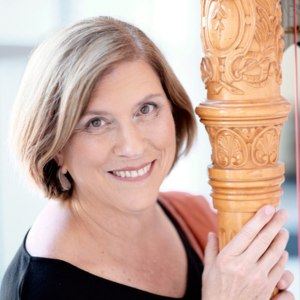
—Jacquelyn Bartlett
University of North Carolina School of the Arts
How should I start coming up with a list of colleges at which to audition?
“Start making a list of potential colleges during your sophomore year of high school. Confer with your harp teacher. Look at universities, colleges, and music conservatories. How do each of these fit your goals? Plan trips to each school to have a lesson with the harp teacher, tour the campus, and observe classes. Journal your experience and reaction to each school and teacher. Do you think this would be a good fit? You are shopping for and buying your education.”
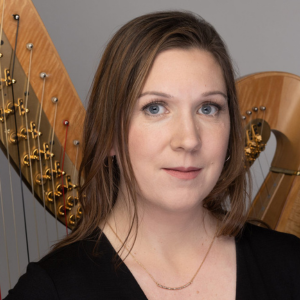
—Erin Freund
Augustana College and University of Iowa
What is your best advice for finding the right college fit?
“I encourage students to consider four factors when finding the right college fit, starting with a teacher who inspires them and supports their technical and musical growth. Next, students should consider the studio environment, including the playing level of other harpists, studio classes, and overall studio collegiality. Third, the music department should support their goals and needs, which could include available school-owned instruments, personal harp storage, potential scholarships, and a healthy balance of performance opportunities. Lastly, students should consider the campus feel and location; whether it’s near or far from home, or whether it’s a small school or a large university, it should feel like a comfortable and vibrant place where they can feel like themselves.”
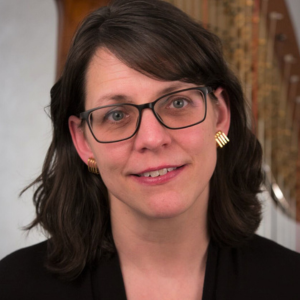
—Sonja Inglefield
State University of New York
at Fredonia
How much should I expect to practice in college?
“You should expect to practice as much as you need to in order to feel confident during performances. This could be anywhere from one to three to six or more hours each day, depending on your level and the amount of repertoire. If that sounds daunting, don’t worry—one of the best things you will learn in college is how to practice efficiently!”
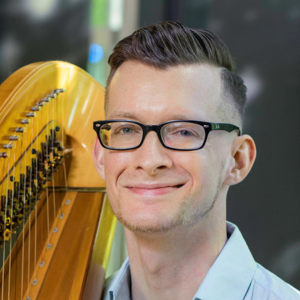
—Joseph Rebman Northern Kentucky University
What questions should I ask when I tour a music school?
“I’d start with a list of four questions:
- What performance opportunities are there for a harpist at this school?
- How do the number of performance opportunities compare with the number of harp students?
- What non-performance classes are available, such as arts management, business, education, etc?
- What is the school culture like?”
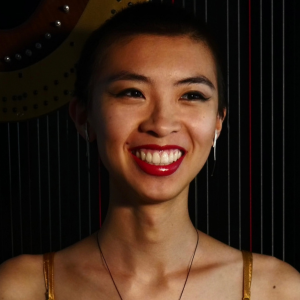
—Noël Wan
Florida State University
What should I consider when deciding whether to double major?
“Double majoring is a great option for students interested in combining a rich music learning experience with other academic interests. If you plan on entering a professional field outside of music but want to keep up your harp studies, or if you are interested in interdisciplinary work combining music performance and another research area (e.g., music education, music therapy, computer science, engineering, medicine, sociology), a double major is probably the best way to gain specialized knowledge and receive valuable mentorship from professors in either area. However, in my experience working with students pursuing double majors, one of the most important considerations is the additional course load, since each major may require different requirements that result in busy course loads each semester. It’s important to get this information—either before or after you matriculate—to avoid potentially burning out during the first or second year. Be prepared to stay for a fifth year, which gives you more time to spread out graduating requirements such as senior recitals and theses.”

—Jody Guinn
Baldwin Wallace University Conservatory of Music, Cleveland Institute of Music, and Case Western Reserve University
How do I know what kind of undergraduate degree is best for me (B.M., B.M.A., B.A., etc.)?
“I would advise a prospective student to have a conversation with an admissions director to find out exactly what each degree program offers and requires (number of credit hours, length of weekly lessons, number of recitals required, etc.). I would also encourage the student to be flexible and open-minded when narrowing down the degree declaration. In my case, I entered my undergraduate college as a music education major. Though I did graduate with that degree, student teaching and all, the “harp bug” bit me in my sophomore year and I never looked back. You never know what might happen unless you listen to your heart, find your passion, and go for it!”







